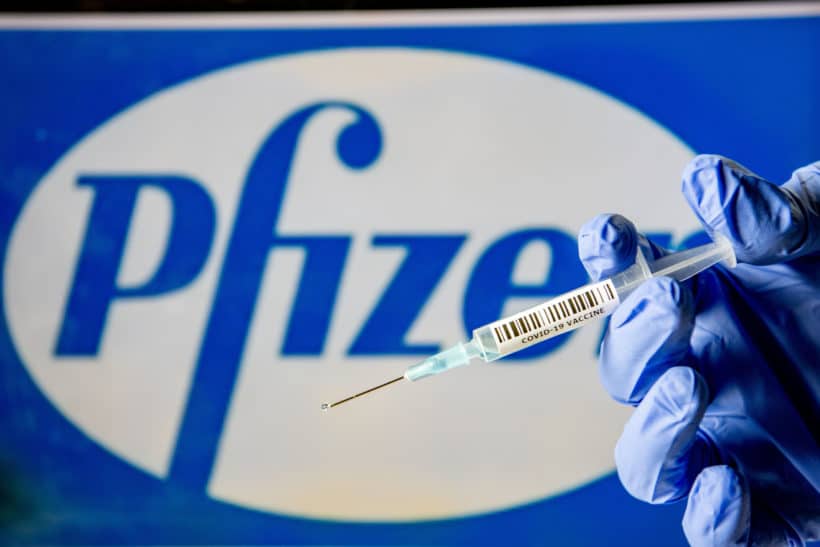
HARARE/NAIROBI, July 1 (Reuters) – The United States will begin shipping the first batch of COVID-19 vaccines it has donated to Africa from this weekend, a special envoy of the African Union said on Thursday, as the continent sees a surge in cases fuelled by variants.
Separately, the World Health Organization Africa head Matshidiso Moeti warned on Thursday that the third wave hitting the continent was “like nothing we’ve seen before.”
U.S. President Joe Biden’s administration announced last month it would donate 500 million Pfizer coronavirus vaccine doses to the 100 lowest income countries in the world and will seek no favours in exchange for the doses.
Strive Masiyiwa told a weekly online briefing of the Africa Centres for Disease Control that the donations consisted largely of Pfizer doses and a few Johnson & Johnson vaccines.
“We begin to ship by this weekend the U.S. donations. So some countries will begin to receive early next week shipments that are Johnson & Johnson, others will receive shipments that are Pfizer. No country will receive both,” Masiyiwa said.
Masiyiwa is part of the African Vaccine Acquisition Trust, which is helping coordinate the distribution of the vaccines donated by the United States.
The continent is lagging behind in vaccinating its population, with just 1% fully inoculated, John Nkengasong, the Africa CDC director said during the same meeting.
Africa aimed to have 800 million doses by December this year but had only received 65 million so far, Nkengasong said.
At a later briefing on Thursday, Moeti said the surge in cases was being fuelled by more contagious variants.
“The Delta variant of concern is the most contagious we’ve seen. It has been found in 16 African countries so far, including three out of the five countries reporting the most new cases,” Moeti told reporters.
She urged urgent action on the part of wealthier nations on the sharing of vaccines.
Just over 1% of Africans are now fully vaccinated, compared to 11% of people globally, and over 46% of people in the United Kingdom and the United States, she added.
“Africa must not be left languishing in the throes of its worst wave yet,” she said.
(Reporting by MacDonald Dzirutwe in Harare and Omar Mohammed in Nairobi; Editing by Raissa Kasolowsky, Alexandra Hudson)

